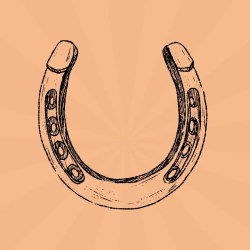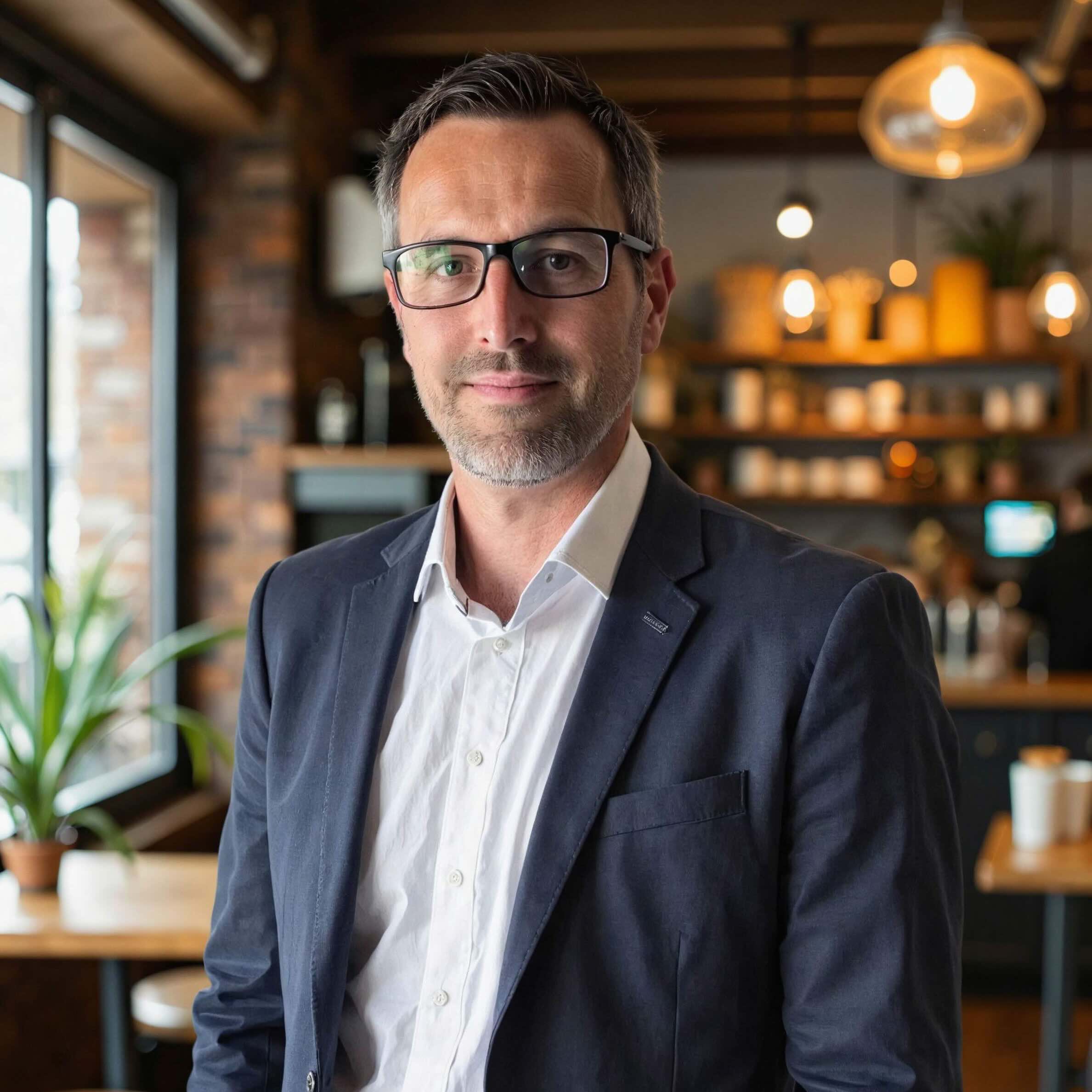There’s a moment in this week’s podcast episode that stopped me cold.
We were talking about the invention of the Like button—yes, that tiny gesture we now make billions of times a day without thinking—and Martin Reeves, author of Like: The Button That Changed the World, said this:
Think about that. One of the most consequential inventions of the past 20 years wasn’t planned. It wasn’t the product of a grand vision. It was a series of improvisations, nudges, and tinkers that layered into something world-shaping.
As leaders and creative pros, we often feel the pressure to aim straight at greatness—to have a master plan, a bold objective, a bulletproof strategy. But what if that instinct is part of the problem?
Here are three takeaways from this conversation that might help you lead and create better this week:
1. Don’t confuse validation with impact.
We all want to be seen. But if you’re not careful, the desire to be seen turns into a need to be liked. And that need? It will hijack your best instincts. You’ll stop following your hunches and values and start chasing whatever gives you a shot of approval. As I said in the episode:
You can be liked and effective at the same time, but you can’t chase both.
2. Real breakthroughs sometimes don’t look like breakthroughs.
The Like button wasn’t a eureka moment—it was a series of small fixes. The same is often true of your best work. Don’t discount what feels messy or insignificant. It might be a stepping stone to something game-changing.
What small hunch have you been ignoring, but should probably pay attention to?
3. The tools we build end up building us.
When we create systems—whether it’s a product, a process, or a culture—we assume we’re in control. But over time, those systems shape how we think, act, and even what we value. Are the tools around you reinforcing your values… or quietly eroding them?
We make containers, then we have to fill them. Are you filling the right containers with your work or just maintaining old ones?
If you want to do brave, focused, brilliant work, you can’t chase the dopamine hit. Follow your hunches and ask great questions. Tinker.
The greatest breakthroughs often come from walking the path before you know where it’s headed.
















